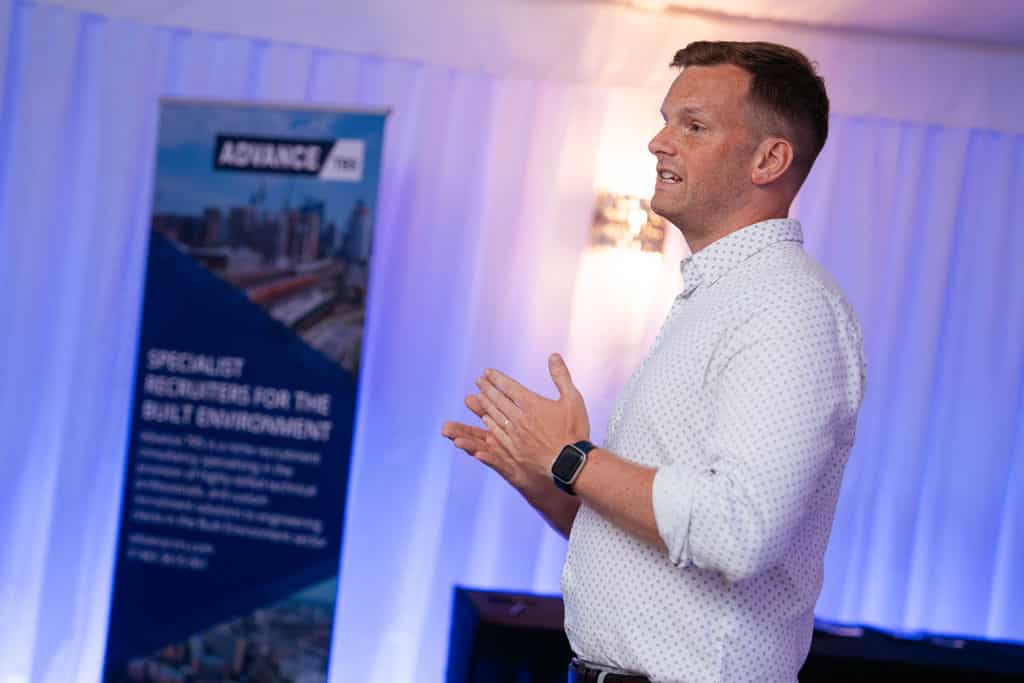In the dynamic world of technical recruitment within the built environment, industry professionals often encounter unique challenges that require innovative solutions. Navigating the complexities of identifying, attracting, and retaining top-tier technical talent demands a strategic approach. In this blog post, we delve into the common challenges faced in technical recruitment and explore actionable solutions to address these issues.
Talent Shortage in Specialised Areas – Foster Skills Development Initiatives and Look for Transferrable Skills
The shortage of qualified candidates in specialised technical areas can hinder recruitment efforts. To overcome this challenge, companies can invest in skills development initiatives. Collaborate with educational institutions, offer training programs, and support certifications to build a pipeline of skilled professionals.
At Advance TRS, when collaborating with clients on specialised and underrepresented skill sets, our approach involves a consultative partnership with both the hiring community and HR teams. We aim to discern market constraints and challenges, offering tailored solutions that address these issues by delving into the fundamental requirements for each role. Our team engages in discussions to broaden the talent pool by exploring options such as role adjustments, balancing both soft skills and experience, identifying transferable skills, and considering talent from related industries. The goal is to cultivate a community of prospective talent by proactively addressing market dynamics and fostering inclusivity in recruitment practices.
Competing for Top Talent – Strengthen Employer Branding
Attracting the best technical talent often involves fierce competition. Strengthen your employer brand by showcasing the exciting projects your company is involved in, emphasising a positive workplace culture, and highlighting career advancement opportunities. An attractive employer brand can significantly increase the appeal of your organisation.
For our clients seeking elevated service levels, Advance TRS offers bespoke employer branding packages tailored to individual requirements. These comprehensive packages encompass a range of options, from dedicated employer mini-sites to impactful PR campaigns and meticulously planned recruitment events. Functioning as your dedicated talent partner, Advance TRS serves as your representative in the talent market, effectively showcasing your brand as an employer of choice.
Our team goes beyond the surface, investing time to comprehend your business culture, values, employee offerings, project pipeline and career development opportunities. This holistic understanding allows us to authentically represent your business, ensuring we not only meet your skill requirements but also find candidates who seamlessly align with your organisational culture.
Lengthy Recruitment Processes – Streamline and Optimise Recruitment Processes
Lengthy and cumbersome recruitment processes can deter potential candidates. Streamline and optimise your recruitment processes by utilising technology, implementing efficient applicant tracking systems, and minimising unnecessary stages. A swift and well-organised process enhances the candidate experience and increases the likelihood of securing top talent.
At Advance TRS, our commitment extends beyond connecting clients with top-tier talent – we actively support organisations in streamlining and optimising their recruitment processes. We leverage advanced technologies, implement effective applicant tracking systems, and strategically minimise unnecessary stages in the recruitment journey.
By doing so, we enhance the overall candidate experience, making the process more transparent, responsive, and engaging. Our goal is to not only attract top talent but also ensure that the recruitment process itself becomes a positive reflection of our clients’ organisations. Through these efforts, we increase the likelihood of securing the most qualified candidates, fostering a mutually beneficial relationship between our clients and the top-tier talent they seek to attract.
Find out how Advance TRS can help you overcome challenges in technical recruitment
Top of FormReady to revolutionise your technical recruitment strategy and overcome industry challenges? Explore the full spectrum of solutions offered by Advance TRS through our comprehensive client service offerings. From talent acquisition strategies to skills development initiatives, we’re dedicated to helping you navigate the intricacies of technical recruitment in the built environment.
Uncover the power of innovative solutions and strategic insights by delving into our client service offerings. Reach out to our expert team.
Chris Spurdle is our Business Development Manager, get in touch to discuss how Advance TRS can elevate your recruitment process and unlock unparalleled success in securing top-tier technical talent.



